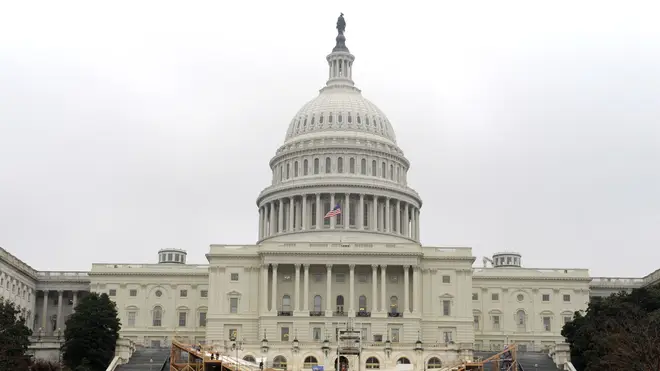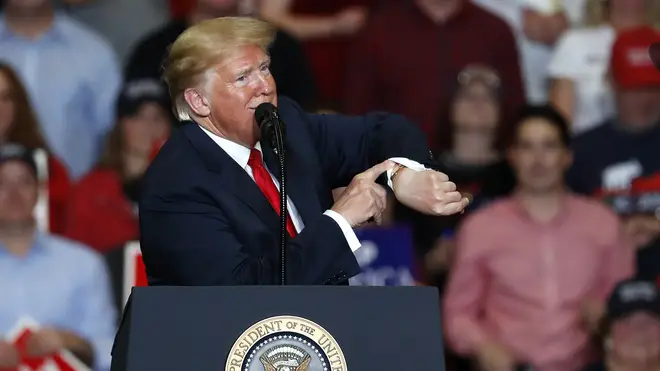
James O'Brien 10am - 1pm
7 November 2018, 07:38 | Updated: 28 October 2019, 15:53

The Democrats took control of the House of Representatives in the Midterms, but the Republicans retained the Senate. Here's the difference between them.
The US has two different houses: a lower house, called the House of Representatives and an upper house, called the Senate. For bills to become law, they need to be passed through both houses.
And with the Democrats controlling one and the Republicans controlling the other, what will that mean for Donald Trump?
There are 435 members of the House of Representatives - these are the closest equivalents to UK MPs.
They are there to represent their local population in Congress and are the person that you should go to if you have a problem with how the country is being run.
These are re-elected every two years - in all US elections and midterms.
There are 100 Senators in the US - two for every state.
While the House of Representatives work for the local population, Senators are there to represent the interests of the state.
Senators are re-elected every six years - meaning around a third of them are elected at each midterm and election.
With the Democrats controlling the House of Representatives and the Republicans controlling the Senate, it will be very difficult to pass any laws.
This happened in the final two years of Barack Obama's Presidency, when he struggled to make any changes as the Republicans voted down his bills.
Without controlling one of the houses, Donald Trump is now forced to rely on a Democrat-controlled house to pass his bills and with the current animosity between the two parties, that seems unlikely.

With the 2020 election on the horizon, that is likely to prove extremely difficult, meaning he will struggle to make any significant changes over the next two years.
Gaining the House also means the Democrats gain control of several committees which they could use to launch investigations against Trump, including subpoenaing tax records he refused to release during the 2016 election. Potentially it could also include an attempt to impeach the President.